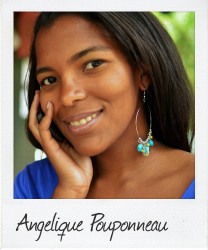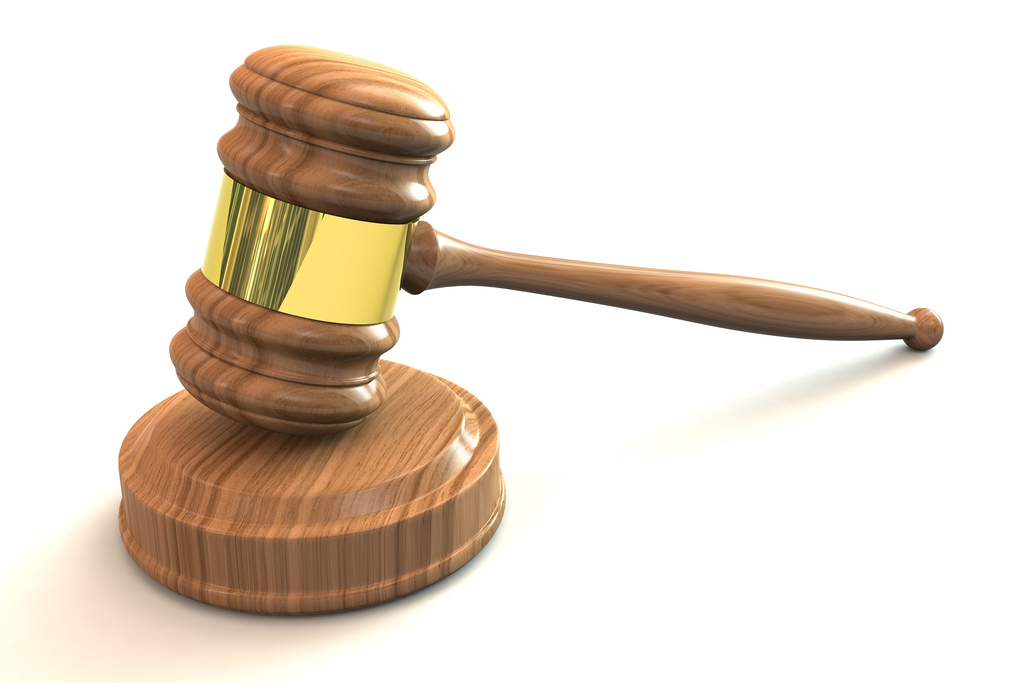“Views on decriminalising homosexuality”
April 25th, 2016 Repealing a little-used law against homosexuality sparked a potentially divisive debate, but Angelique Pouponneau, 25, a Commonwealth Correspondent from the Seychelles, reports that the result was in favour of tolerance and human rights.
Repealing a little-used law against homosexuality sparked a potentially divisive debate, but Angelique Pouponneau, 25, a Commonwealth Correspondent from the Seychelles, reports that the result was in favour of tolerance and human rights.
It was announced early March in the State of the Nation address that a section of the Seychelles penal code would be repealed.
The section relates to engaging in carnal knowledge against the order of nature or permitting a man to have carnal knowledge with him or her against the order of nature. The peculiarity with this provision was the fact that it was in the law books but it was not being enforced and no one during my lifetime has been sent to 14 years imprisonment for engaging in carnal knowledge against the order of nature.
It seemed like such a ‘hot potato’ that the majority party in the National Assembly decided that a national consultation on the topic was essential. As an engaged citizen I certainly had to attend and this article serves to encompass a summary of the discussions that took place. This article is perhaps telling for other countries that are considering decriminalising homosexuality, or those who are simply shying away from addressing the issue altogether.
The Honourable Attorney-General explained that this was simply repealing a law in the Penal Code that could be done without a referendum. Its effect would be that anyone engaging in carnal knowledge would not be punished by imprisonment for 14 years. This was followed by a young lady from the Ministry of Foreign Affairs explaining the international human rights obligations and conventions that the Seychelles was party to. She further explained that Seychelles had recently engaged in a peer review at the Universal Periodic Review in Geneva. This issue came into question and therefore this repeal would be in line with our international obligations. The crowd was divided in its view of the decriminalisation of homosexuality.
On one hand many relied on paragraphs from the Bible that makes reference to homosexuality and urged the crowd that it should not be tolerated and in fact, not only would homosexuals be punished on Judgment Day but so would those who supported this. The religious personalities such as the Bishops of different denominations maintained that they were aware of the words in the Bible that also include that we must not judge others, and must preach love and tolerance. They argued as long as it was a move restricted to not imprisoning people for their sexual orientation they would have no objections, but certainly would object if same-sex marriage would then be imposed on them.
Following religion came a view of international law and politics, where a citizen accused the government of foregoing our sovereignty and of giving in to international pressures. There was insistence that those pressures should be ignored and not invite the curse that repealing this law would cause.
On the other hand was a group of people who believed that people did not choose their sexual orientation and they should not be punished for something over which they had no control. The most touching moment for me was when a mother decided to speak. She was religious. She was a mother of a homosexual. She explained how difficult a struggle it is for her family having the scriptures on one hand and her son on the other. But she insisted that her son said that he felt different at the age of seven. She said that could not have been a choice and he should be punished not be punished by 14 years imprisonment.
The Seychelles Constitution got a special mention, as it makes it clear that there cannot be discrimination of any citizen on any grounds.
As a citizen who believes in the values of the Commonwealth Charter, I opted for the side of tolerance and understanding. As a young lawyer, I wondered whether the Seychelles police had the resources to police people engaging in carnal knowledge against the natural order and queried the use of keeping a law that was not being enforced in any event.
Being gay remains a crime in almost 79 countries around the world, 78 soon as Seychelles will be removed from that list – will your country be next?
photo credit: 3D Judges Gavel via photopin (license)
…………………………………………………………………………………………………………………
About me: I am a barrister, advocating in all the Tribunals and Courts in the Seychelles. I am interested in sustainable development, the rule of law and international affairs.
I also support inclusive education systems so I volunteer at the School of the Hearing Impaired to teach English and Math. I would like to continue using education and the creation of opportunities for the advancement of young people, ensuring their voices are heard at national and international levels.
…………………………………………………………………………………………………………………
Opinions expressed in this article are those of the author and do not necessarily represent the views of the Commonwealth Youth Programme. Articles are published in a spirit of dialogue, respect and understanding. If you disagree, why not submit a response?
To learn more about becoming a Commonwealth Correspondent please visit: http://www.yourcommonwealth.org/submit-articles/
…………………………………………………………………………………………………………………




